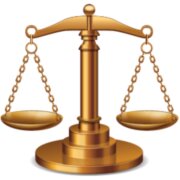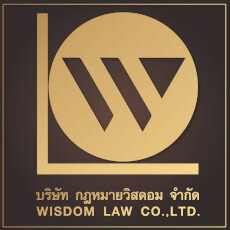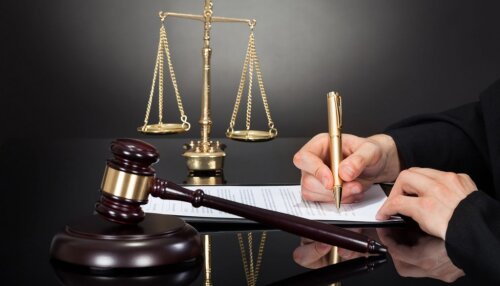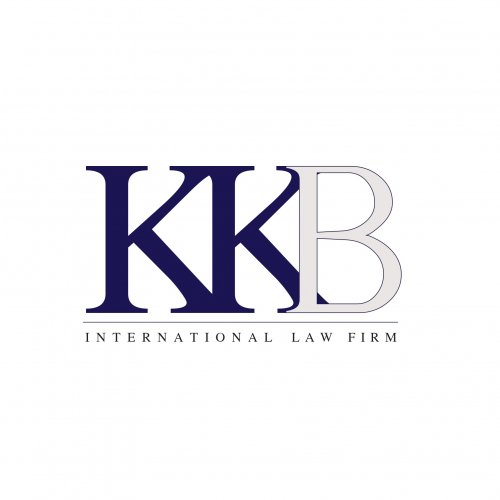Best Communications & Media Law Lawyers in Bangkok
Share your needs with us, get contacted by law firms.
Free. Takes 2 min.
List of the best lawyers in Bangkok, Thailand
About Communications & Media Law in Bangkok, Thailand
Communications and Media Law in Bangkok, Thailand is a specialized field that encompasses regulations and legal issues related to broadcasting, telecommunications, advertising, the internet, and social media platforms. It deals with the governance of information dissemination and the protection of intellectual property rights while balancing free expression with privacy concerns. Given its fast-evolving nature, navigating the intricacies of this legal field in Bangkok requires an understanding of both local and international regulations affecting the media landscape.
Why You May Need a Lawyer
There are several situations where individuals or organizations might require legal assistance in Communications & Media Law. These include, but are not limited to:
- Launching a new media company or platform and needing advice on compliance with local laws.
- Dealing with defamation claims or protecting one's reputation online or in traditional media.
- Addressing unauthorized use of copyrighted content or intellectual property violations.
- Regulatory issues concerning telecommunications services or licensing requirements.
- Legal challenges in advertising and marketing practices, including misleading advertisements.
- Navigating data privacy concerns and compliance with applicable data protection laws.
Local Laws Overview
Bangkok operates under a combination of national laws and specific regulations that govern communications and media. Some key aspects include:
- Broadcasting Act: Governs the licensing and activities of broadcasters in Thailand, including content standards and restrictions.
- Computer Crimes Act: Addresses online offenses, such as hacking and unlawful online content, heavily impacting internet platforms and service providers.
- Trademark and Copyright Laws: Protect creative content and branding from unauthorized use and infringement.
- Data Protection Act: Regulates the collection, usage, and sharing of personal data, providing frameworks for privacy protection.
- Telecommunications Business Act: Oversees the establishment and operation of telecommunication services and related infrastructure.
Frequently Asked Questions
What is the role of the National Broadcasting and Telecommunications Commission (NBTC)?
The NBTC is the regulatory body responsible for overseeing broadcasting, telecommunications, and related industries in Thailand. They issue licenses, set industry standards, and ensure compliance with relevant laws.
How does defamation law work in Thailand?
Defamation in Thailand is both a civil and a criminal offense, covering false statements made in print, broadcast, or online that harm another's reputation. Victims can sue for damages and perpetrators can face criminal charges.
What are the penalties for copyright infringement in Thailand?
Penalties for copyright infringement can include fines, damages, and imprisonment. The severity depends on the nature and extent of the infringement.
How does data privacy regulation affect businesses in Bangkok?
Businesses must comply with data protection laws by implementing adequate measures to safeguard personal data, obtain consent for data collection, and ensure data subject rights are respected.
Can foreign companies obtain media licenses in Thailand?
Foreign companies face restrictions in owning media outlets in Thailand and may need to partner with local entities to comply with regulations governing media ownership and operations.
What constitutes online content offenses under the Computer Crimes Act?
Offenses include hacking, spreading malware, posting false information, and sharing content leading to public unrest or national security threats.
How can a company ensure its advertising is compliant with Thai laws?
Companies should ensure their advertisements are truthful, not misleading, and comply with consumer protection laws to avoid legal challenges.
What legal steps should be taken before launching a telecommunications service?
Entrepreneurs must secure the necessary licenses from the NBTC, ensure compliance with industry regulations, and adhere to technical and operational standards.
How does the legal process work for handling disputes involving media content?
Disputes can be resolved through negotiation, mediation, or litigation, depending on the severity and nature of the issue. Legal representation is often advised to navigate these disputes effectively.
Are there special considerations for online media platforms regarding content regulation?
Online platforms must comply with laws governing prohibited content, user data protection, and may be held liable for user-generated content under certain circumstances.
Additional Resources
For more information or assistance, consider reaching out to the following organizations:
- National Broadcasting and Telecommunications Commission (NBTC): Regulates broadcasting and telecommunications in Thailand.
- Department of Intellectual Property: Oversees copyright, patent, and other intellectual property rights protection.
- Thai Bar Association: Provides resources and assistance for legal matters in various fields, including communications and media law.
- Consumer Protection Board: Offers guidance on issues related to misleading advertising and consumer rights.
Next Steps
If you find yourself in need of legal assistance in Communications & Media Law in Bangkok, consider the following steps:
- Identify the specific legal issues you're facing to better communicate with potential legal advisors.
- Seek recommendations for lawyers specializing in Communications & Media Law through professional networks or legal associations.
- Consider consulting with several law firms to compare expertise and services offered before making a decision.
- Gather relevant documents and information beforehand to facilitate a productive discussion with your legal counsel.
Lawzana helps you find the best lawyers and law firms in Bangkok through a curated and pre-screened list of qualified legal professionals. Our platform offers rankings and detailed profiles of attorneys and law firms, allowing you to compare based on practice areas, including Communications & Media Law, experience, and client feedback.
Each profile includes a description of the firm's areas of practice, client reviews, team members and partners, year of establishment, spoken languages, office locations, contact information, social media presence, and any published articles or resources. Most firms on our platform speak English and are experienced in both local and international legal matters.
Get a quote from top-rated law firms in Bangkok, Thailand — quickly, securely, and without unnecessary hassle.
Disclaimer:
The information provided on this page is for general informational purposes only and does not constitute legal advice. While we strive to ensure the accuracy and relevance of the content, legal information may change over time, and interpretations of the law can vary. You should always consult with a qualified legal professional for advice specific to your situation.
We disclaim all liability for actions taken or not taken based on the content of this page. If you believe any information is incorrect or outdated, please contact us, and we will review and update it where appropriate.
















